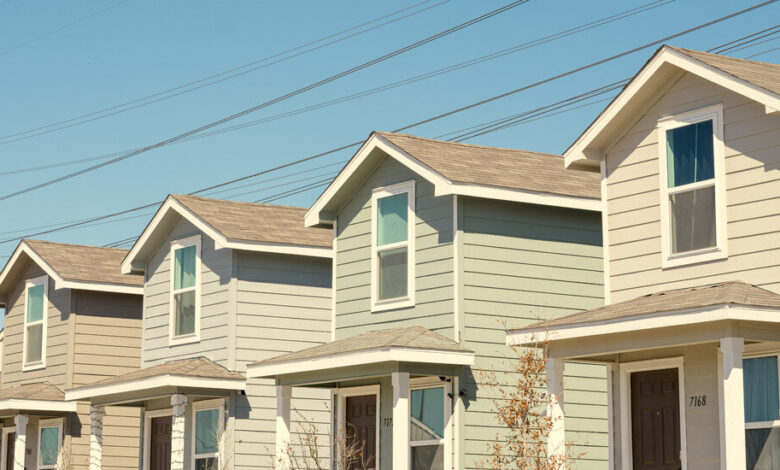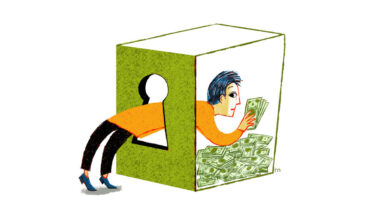Housing Costs Cool, but Remain a Source of Concern

Overall inflation cooled sharply last month, but one of the most important categories of consumer prices — housing — remained stubborn.
Housing costs, as measured in the Consumer Price Index, were up 5.4 percent in May from a year earlier. That was the smallest increase in more than two years, down from a peak rate of more than 8 percent in 2023.
But on a month-to-month basis, housing costs were up 0.4 percent in May for the second month in a row, defying forecasters’ hopes for a continued slowdown. Over the past three months, shelter costs have risen at an annual rate of 5.2 percent.
Housing is by far the largest monthly expense for most families, and therefore also weighs heavily in inflation calculations, accounting for more than a third of the Consumer Price Index. That means it will be hard for the Federal Reserve to bring inflation fully under control as long as housing costs continue to rise at their recent rate. Before the pandemic, the shelter index rose at a rate of about 3.5 percent per year.
Forecasters have been expecting housing inflation to cool because data from private companies like Zillow and Apartment List have shown rents rising more slowly or even falling outright in some parts of the country. (Inflation measures use rent data to calculate housing costs for both renters and homeowners.)
The rent index used in the Consumer Price Index tends to move more slowly than the private-sector measures because of methodological and conceptual differences. The private measures, for example, include rents for homes only when they turn over to new tenants; the government’s measure tries to capture monthly expenses for all renters, including those who renew their leases.
Still, economists have been surprised by how long the gap between the measures has persisted. Some of them have begun to worry that the pandemic, demographic shifts or other forces might have caused changes in the housing market that would keep housing inflation — at least as measured in the Consumer Price Index — elevated for an extended period.
Adding to that concern: Private-sector rent measures have shown signs of picking up again recently as a boom in new apartment construction has faded.
“I think that the multifamily market will see continued rents decelerate, but we won’t see rents declining nationally,” said Ivy Zelman, co-founder of Zelman and Associates, a housing research firm.



